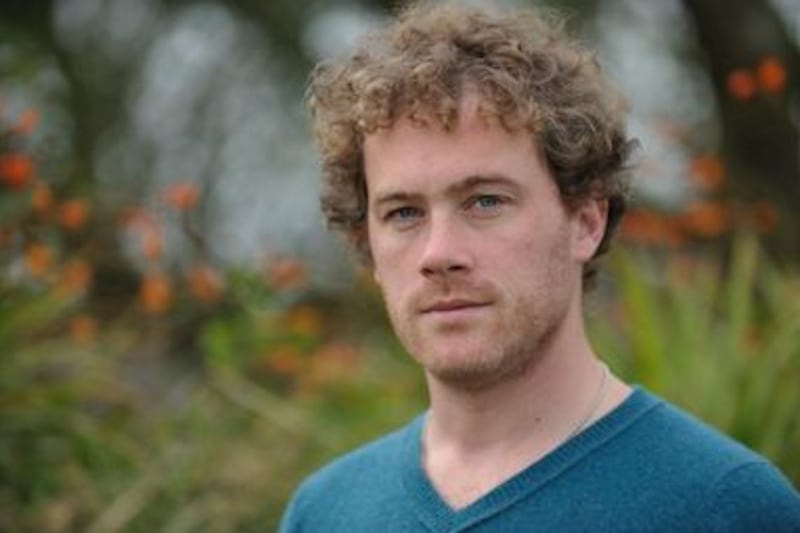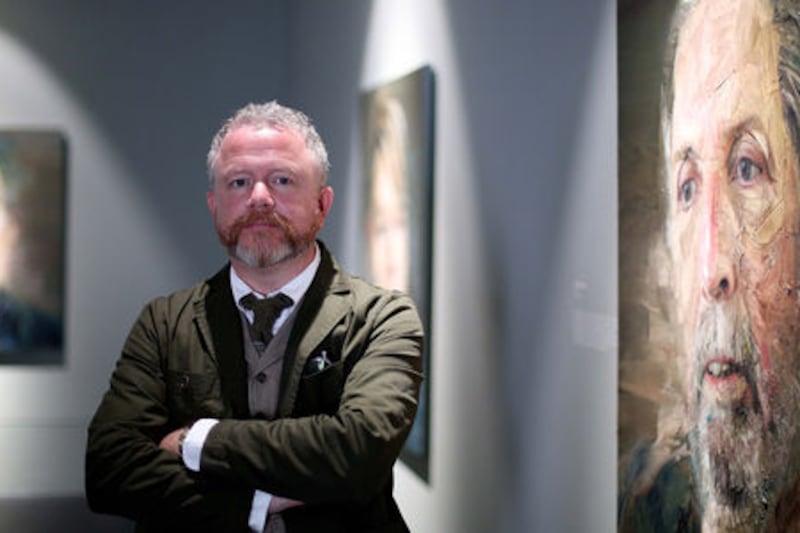AS SOMEONE who has spent a lifetime voting in Northern Ireland elections the cumulative legacy of exercising my civic responsibility has mostly been disappointment, frustration and occasionally shame that the democratic ideal has once more been reduced to a sectarian headcount.
For the last 25 years I have recorded my vote in a small church hall adjacent to the three-teacher country school attended by my two children. I mostly voted in the mornings when the generally empty hall echoed with the sound of my feet on the wooden floor and in which I was always reminded of the nativity plays, the prize days and the school fundraisers I had attended. The absence of children lent the experience a vaguely ghostly hue.
On the morning of the May 22 1998 when I went to the same location to vote on The Good Friday Agreement everything was different. For a start I found it difficult to find a parking space and the narrow country road was doing a passable impression of gridlock. People were streaming in from the farms and houses of this rural hinterland, including people who lived near me but were seldom seen as they lived down long lanes angled to our road and kept themselves austerely to themselves.
As I stepped out of the car I felt something in the air, intangible but so real that it seemed to flow through me and I knew in that split second that they had come to vote yes.
For the first time my act of voting was carried on a surge of what might be called hope and something even stronger in that it was a shared hope. We looked into each other’s faces and smiled but said nothing other than a quick “good morning”.
And above all what the Good Friday Agreement offered in that morning – and I like to use that title with its echo of resurrection, of spiritual and physical regeneration – was hope. Hope for an end to killing, hope for something better for our children.
Twenty years on when we look more objectively at what we voted for it becomes clear that what the agreement created in its essence was a template for human relationships, complete with processes, protocols, codes of conduct and checks and balances that despite their supposed political sophistication don’t really amount to much more than the principles we consciously, or unconsciously, try to adhere to in our daily lives.
What of course could never be legislated into existence is the spirit needed to fully implement these ideals and without a practical commitment to these ideals the various frameworks are a hollow shell.
So instead of power-sharing between all elected parties we eventually saw the creation of fiefdoms where power was carved up and shared only by the most powerful. The petition of concern designed to protect minorities became the weapon by which they might be oppressed and first ministers saw their primary responsibility as extending not much further than the constituency from which they drew their votes. How to deal with the past became a toxic weapon with which to attack the other side.
The Good Friday Agreement promised the possibility of future reconciliation, of societal healing. That possibility has almost, if not quite, disappeared. It has been subverted by a generation of politicians too often lacking in political skill, devoid of a generosity of spirit and above all an inability, or unwillingness, to lead rather than follow their respective tribes.
I can think of no worse political epitaph than to be the generation of politician who squandered the hard-earned peace and in case anyone has forgotten, where you have polarisation, the divided space that results is the best breeding ground for extremism and violence.
As we stagnate through yet another period of assembly suspension it is easy to abandon hope, to even question the nature of what was achieved and whether it was really just – in the words of Seamus Heaney’s poem, North – “exhaustions nominated peace”.
And yet there is something too in my memory of that May morning when I voted Yes that I can never let go, something that endures and will always do so. Nothing that happens now or in the future can ever take that away from me.
:: This article is published courtesy of Irish Pages and appears in the current issue, The Belfast Agreement: Twentieth Anniversary Issue (Vol 10, No 2), which is available at all good bookshops and online at irishpages.org







